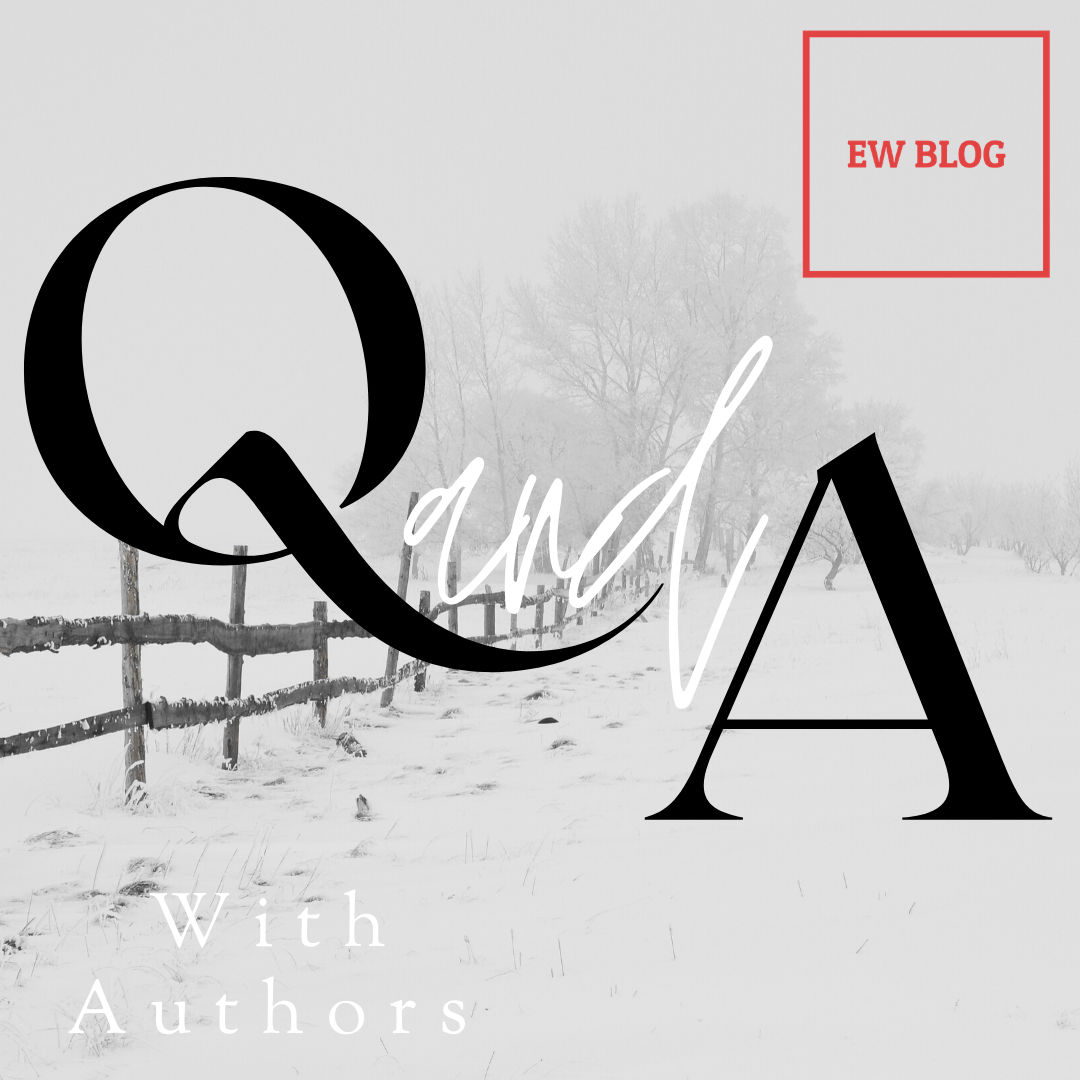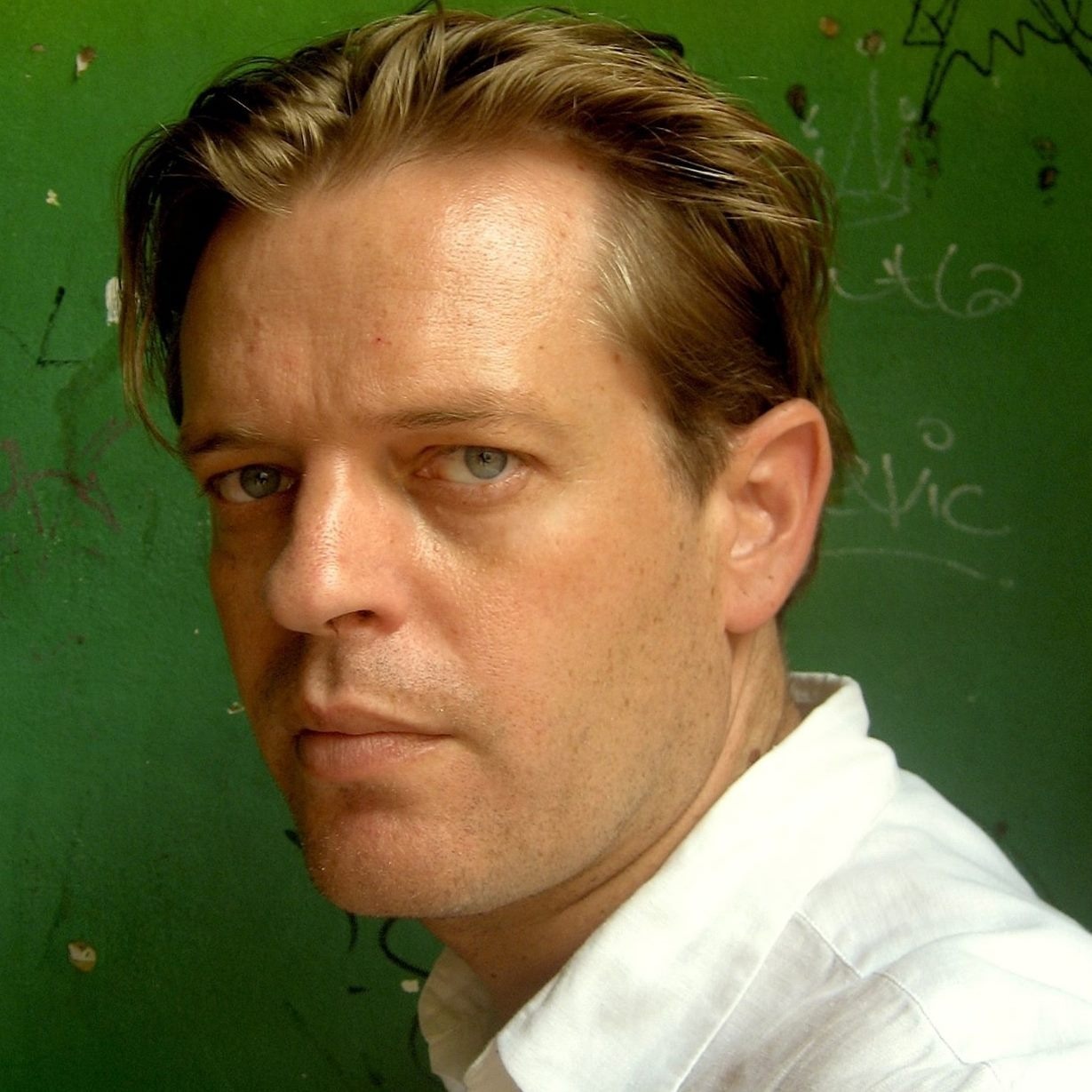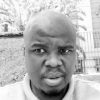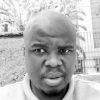

Q&A With Craig Higginson
Author of The Book of Gifts

by Ezekiel Kekana
Craig Higginson is an internationally acclaimed playwright and novelist who lives in Johannesburg. Higginson has written seven novels and five plays. His new novel, The Book of Gifts, was released in March 2020 by Pan Macmillan South Africa. In this exclusive interview, Dr Higginson reflects on the Book of Gifts, the importance of literature, and shares some good advice with upcoming writers.
Picture credit: Craig Higginson

Question: Thank you for your time, Craig, I think for the benefit of our EW Blog readers, let’s start with who Craig Higginson is and how many books you have written thus far?

Answer:
There are many versions of every person and I think it’s hard to say in a sentence or two who a person is. I have many roles. I am a husband, a father, a son, a teacher, a friend and probably an enemy! I am also a writer. Yeats said famously that the poet is not the bundle of errors who sits down at the breakfast table. I suppose he’s saying that the poet writes from outside of his or her own life. But he or she also writes out of that life – and back into life through the act of writing.
When we are young, we are told “know thyself” – as if that is something that can be achieved. I don’t worry so much about who I am these days as I do about what I do. What energy do I send out in the world? What is its intention? That is all I really have control over. Sartre said that whenever we perform an action, we are reinventing the world. In both my life and my writing, I try to invent a world that is, in some small way, better than the world I am currently experiencing. I try to counter darkness with light, arrogance with humility, judgement with a will to understand – as fraught and often impossible as that might be.
So far, I have published seven novels and five plays.

Question: Your latest book is titled, The Book of Gifts, which was released early this year. How has the feedback been from the readers?

Answer:
The book was released exactly as lockdown started – so for a couple of months people weren’t even allowed to go to a shop and buy the book. I thought it was my most experimental in terms of form, but in fact readers have found it very gripping and difficult to put down. I’ve had many people telling me they read it in one sitting and several went to sleep at 3am having finally reached the end. So the response has been as good as I could have hoped.

Question: The title of the book, The Book of Gifts, can be easily mistaken for a self-help book and not a novel, why did you decide to go with that title?

Answer:
On one level, the novel is about the psychology around the giving and receiving of gifts. What do you give up when you give a gift and what do you gain? What do you gain when you receive a gift and what do you give up? There is a power relationship always in the exchange of gifts. The novel also asks whether there is such a thing as a disinterested gift. Do we only ever gift in order to gain something else – or can we give outside of such a power relationship? The novel also tries to unearth gifts in the most surprising of places.

Question: The book is written so that it goes backwards. Were you not scared that many readers would have difficulties in understanding this type of storytelling?

Answer:
As mentioned above, the form is quite unusual – but people have really taken to it. The novel had to move backwards in time because it starts with a dramatic and shocking event and then it moves backwards in order to try and locate the cause or trigger for this event. The cause emerges as much more complex than you might have imagined. Philosophically, the novel is asking: If we are to judge people by their actions but we don’t know the intentions behind their actions, how are we to judge the meaning of their actions? A bad person can disguise their evil intentions behind apparent acts of goodness.

Question: Take us through the process of creating characters in this book, especially that of Jennifer?

Answer:
In a novel, as in a play, you always want a range of perspectives. Each character should come at your themes or central concerns from a different angle. Each of the adult characters in The Book of Gifts is trying to escape the pain of their reality. They are each damaged in ways they are in denial of. They provide the architecture into which I place the eleven-year-old boy Julian. He has to navigate his way through the labyrinth provided by these characters. Will he survive this experience of not?
Jennifer embodies to a large degree what Freud called “the death drive”. She is the central antagonist in the book. But I hope by the end I have also unearthed her complexity and her humanity. There is never one of anyone. There are many versions of ourselves and each other in the world. We need to be able to allow ourselves and others to be complex, ambiguous, changeable, impossible to consign to a box of our own devising.

Question: With a character like Emma, whom to many readers might seem like a ‘better’ person than her sister, Jennifer, what kind emotions did you expect her character would evoke to the readers?

Answer:
I try to write characters that are changeable. I want the reader sometimes to empathise with them and sometimes be alienated from them. This is how we experience people in the world. There is a power dance between the two sisters and our allegiances keep shifting – especially as we know the consequences of their often destructive relationship, which are made pretty clear near the start of the novel.

Question: Every chapter in the book is named after a gift, what kind of message were you trying to convey with the overall story?

Answer:
Each chapter is named after a gift that is given or received in that chapter. The gift becomes a kind of extended metaphor for that chapter, although there are other gifts co-existing alongside that gift. This device helped me to give each section an internal coherence and identity of its own. The novel stages a series of gifts, an accumulation of gifts, so that by the end the characters and reader have to sort their way through these gifts and judge the merits or meaning of each.

Question: Do you think there is a cost in receiving and giving a gift in life?

Answer:
There is often a cost in giving. That seems pretty obvious. I was also interested in the cost of receiving. You become indebted, there is an obligation that comes with it. But, as mentioned, I also wanted to find my way out of this power relationship. We are surrounded by many gifts. Many of them go unacknowledged – and often we find ourselves obsessing on the gifts we didn’t receive – or that we were given when we never asked for them or didn’t want them. Rain is a gift, so are opposable thumbs. We are surrounded by an enormous miracle, a great abundance of gifts, and, as we grow older, we often become deadened to them. Literature tries to refresh our engagement with the world.

Question: As someone who has written many books, what advice would you give to young people who would want to pursue writing as a full-time profession?

Answer:
There are many kinds of writing and many ways of being a writer. It is almost impossible to be a full-time writer of literary fiction – so you need a day job. If you want to be a writer of literary fiction, make sure your day job provides some serenity, some security, so you are free to dream. Also make sure your day job is something you enjoy, something you value. It’s also good if your day job can complement your writing. Teaching is something I have always done. Even if I could earn enough from my novels to live securely and comfortably, I would still teach. I like the idealism of teaching – both in the teachers and in the younger people I teach. It’s a place where the world is still being invented. I hate cynical spaces, mean-spirited spaces. Teaching goes in the direction of life. It looks towards the future. I like that.

Question: Should your readers expect a new book soon?

Answer:
I have started something new, but it will be a longer book requiring more than the usual amount of research. I imagine it should emerge in 2022, maybe the year after.

Question:
What book are you currently reading?

Answer:
I always have a few books I’m looking at or listening to. I am currently listening to “The Years” by Virginia Woolf. I have read most of her novels, but not this one. I may listen to all of her major novels in the order in which she wrote them – so that her oeuvre becomes one large novel, composed of different parts – like walking through differently coloured rooms in a unique and beautiful house.
Book Review
Share this:
- Click to share on Twitter (Opens in new window)
- Click to share on Facebook (Opens in new window)
- Click to print (Opens in new window)
- Click to share on LinkedIn (Opens in new window)
- Click to share on Reddit (Opens in new window)
- Click to share on Tumblr (Opens in new window)
- Click to share on Pinterest (Opens in new window)
- Click to share on Telegram (Opens in new window)
- Click to share on WhatsApp (Opens in new window)
- Click to email a link to a friend (Opens in new window)

